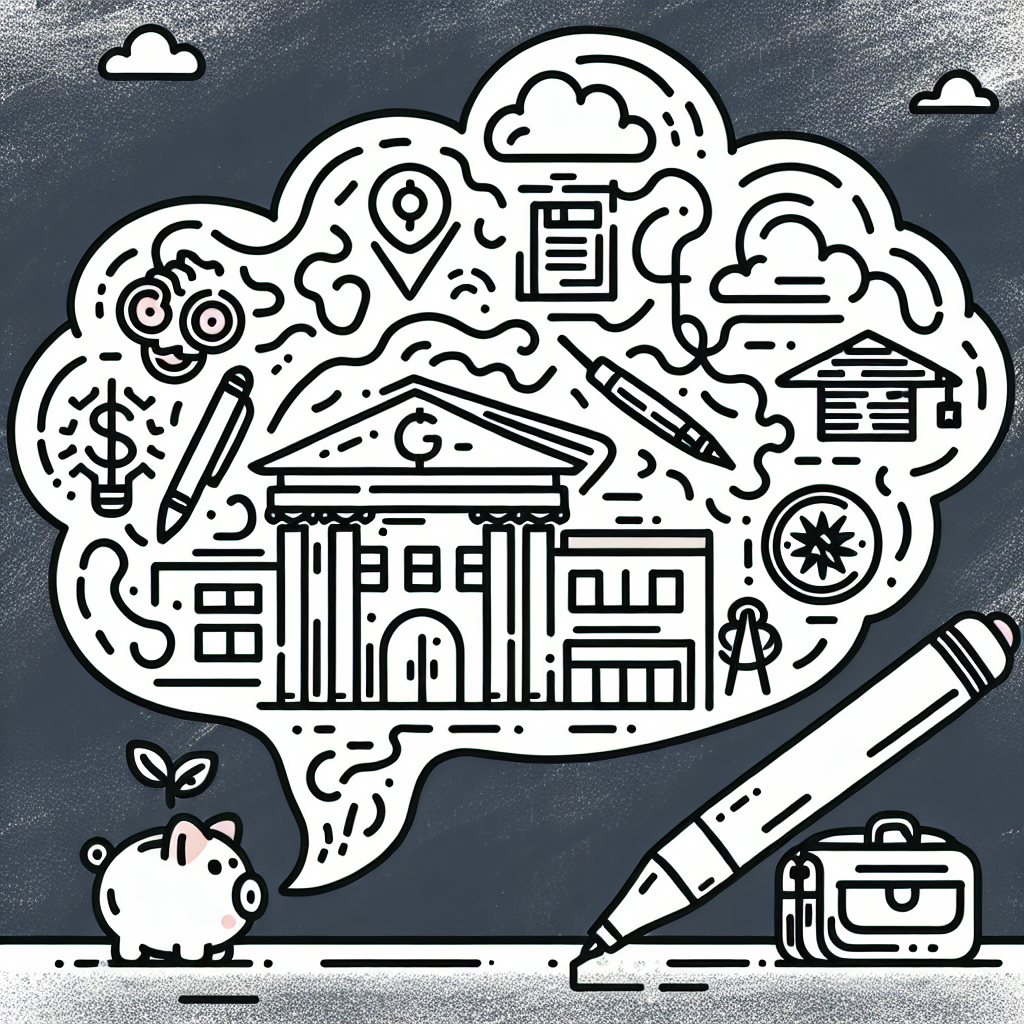Many studies have been conducted regarding the process of learning and how students study. Nearly all of them have come to the same conclusion: distributed learning is always better than concentrated learning. Now, what are these types of learning, and why does the former have a clear advantage over the latter?
What is Distributed Learning?
Distributed learning is learning spread out over time. If a test is coming up, employing distributed learning would be to study a few days in advance. Rather than pull an all-nighter before the test to study, you might spend a few hours each day for 2-4 days (or more depending on the amount of material covered on the test). Yes, this takes more planning. And yes, this means you can’t procrastinate (which, unfortunately, students love to do).
Almost every study has shown that distributed learning leads to much greater rates of retention of information, both long and short term. This means you will remember more information for the test and will retain that information for a longer period of time (this is important because most of you will have finals!). It also just enhances the learning experience as a whole, and will teach you time management, a life-skill that will carry you a long way in your education and your career.
What is Concentrated Learning?
Concentrated learning, more commonly known as cramming, is what many students tend to do. It is a much poorer form of studying! Most students are told this and are aware of this yet still do it. This means spending hours studying the night before an exam, not spending ample time on each subject, and not retaining the information. Generally, cramming is the result of procrastination. Many students will pull all-nighters, leading to less sleep. As a student, sleep is one of your most important assets! Without sleep, your brain doesn’t function properly, you won’t be at your best to take the test, and trying to study tired will lead you nowhere.
Why is Distributed Learning Better?
With distributed learning, you are able to spend more time on the material. You can spend more time on the more difficult material because you have extra time, rather than trying to get through endless chapters in a single night. Many of you have probably experienced this. If you’re cramming the night before and, after hours of studying, you read an entire page in a textbook and realize you don’t remember a single thing you just read. It happens to every student. This is why distributed learning is better. More time allows you to take breaks when this happens. Studying for extended periods of time has also been shown to be a poorer studying strategy. Studying for some time, then taking a break, then coming back will lead to greater retention of information and is also more like what it will be like for your test.
Read more--
- Foreign Language 101
- 3 Resources To Take Advantage Of
- The Do’s and Don’ts of Taking Notes
- To Sleep or Study?
- 6 Ways to Become A Studying Master
Elite Private Tutors is a world-class tutoring service helping students in Math tutoring, English tutoring, History tutoring, Spanish tutoring, SAT tutoring, Science Tutoring, ACT tutoring, ISEE tutoring, and much more. We deliver concierge-level service and are a boutique agency located in Houston, Texas. Please click here for more information.
The Four Year Plan is a book and online course that will help students get into the college of their dreams. Plan your strategy to get into your dream college, learn how to make your college application stand out, draft the perfect college essay, and more insider secrets and strategies from our college consultants. Click here for an easy, step-by-step plan for applying to colleges and writing your college essays.













